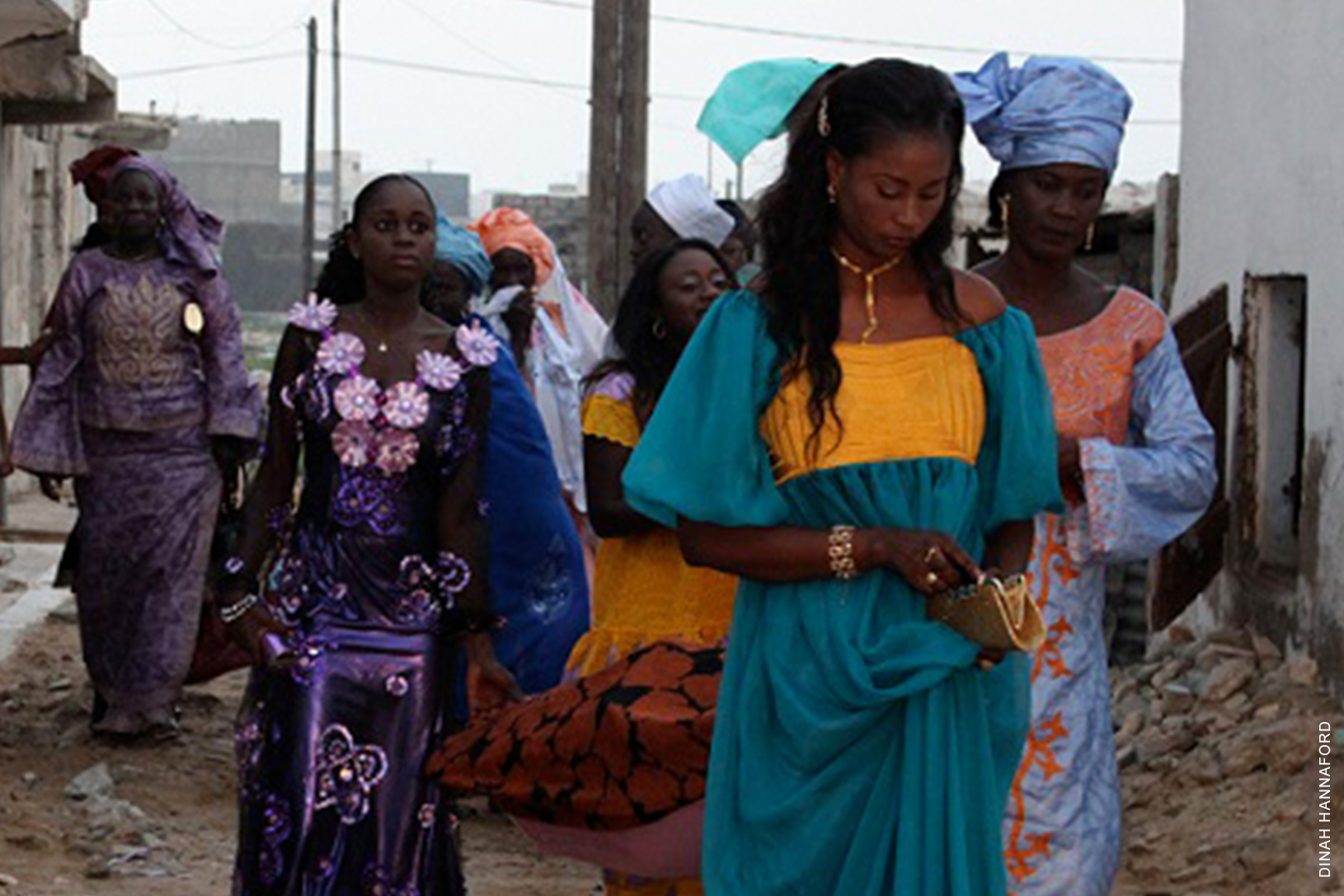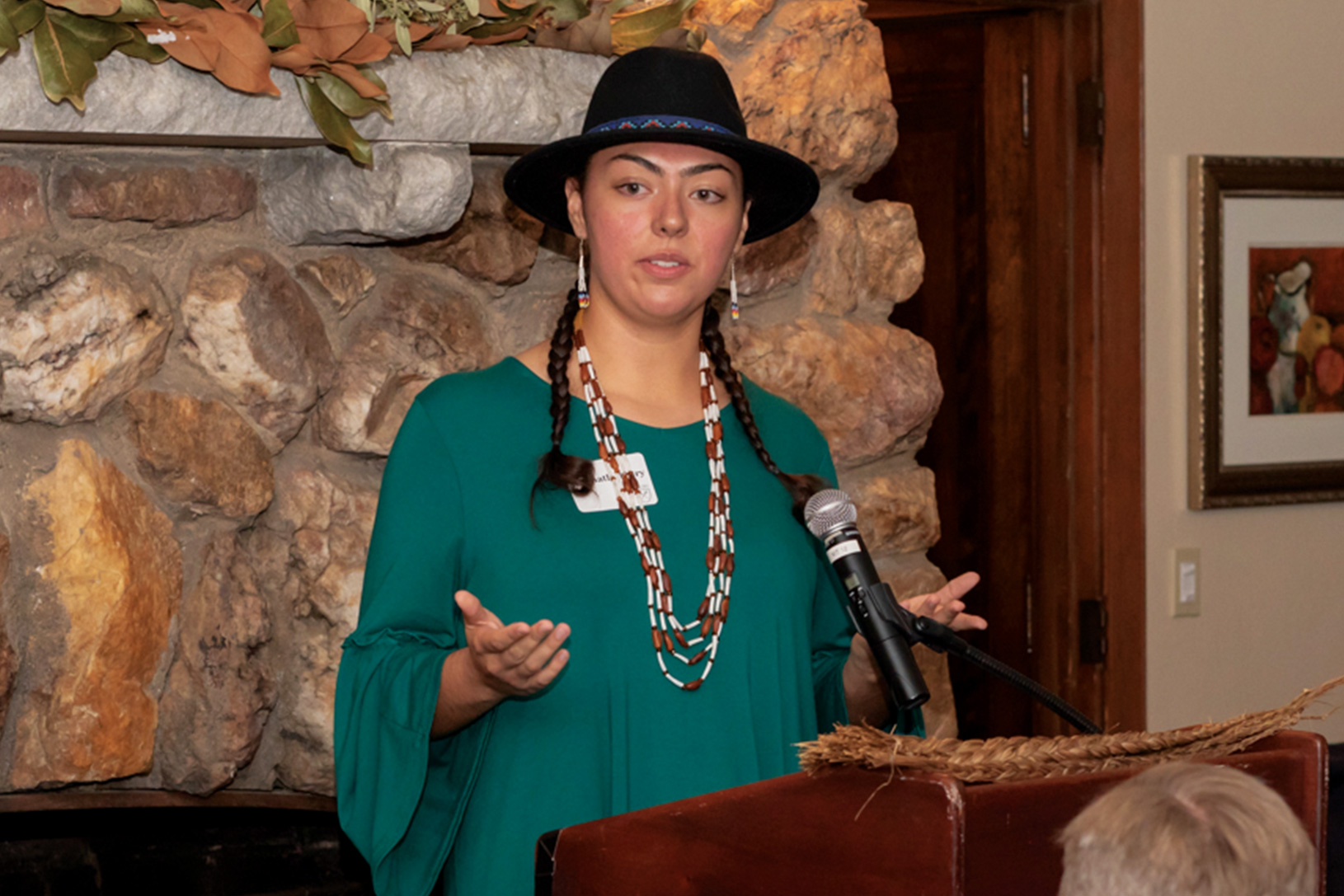Anthropology
Anthropologists study what it means to be human and the forces that affect our humanity. It’s a broad field relevant to many areas. At Emory we focus on the intersections of many fields including biology, the environment, politics, economics, and religion, addressing issues critical to understanding and improving the human experience. Emory offers the following programs:
Outcomes
At Emory, we train future researchers, academics, and civic leaders to succeed in and make a strong impact on our increasingly complex and interconnected world. Our anthropology graduates have gone on to careers in international development, public health,education, diplomacy, law, social justice activism, business, entrepreneurship, and medicine as well as careers in academia.
Recent graduates work at Everest Education, Agnes Scott College, Houston Museum of Natural Science, and Emory University.
They have also gone on to pursue advanced degrees at such prestigious institutions as Ohio State University, University of St. Andrews, California State University Fullerton, and Emory University.
Examples of Classes at Oxford
Example of Major Classes
Anthropology of Gender
In this cross-cultural study of gender and sexuality, you will explore the various ways the different genders are identified and marked across diverse communities and time periods.
Foundations of Global Health
Examine the history, methods, and key principles related to global health and investigate, through actual case studies, how nations handle the burden of disease within varying political and economic structures.
Fast Food/Slow Food
This course addresses the emerging movement toward an alternative, more sustainable food system. You’ll read and discuss scientific and popular texts; gain hands-on experience in cooking, farming, and farmer’s markets; and develop the skills to assess the true cost of food and evaluate alternatives.
Research in Anthropology

Forging a Path for Native American Scholarship
Anthropology major Klamath Henry 19C is a member of both the Shasta Tribe of California and the Tuscarora Nation of the Haudenosaunee (Iroquois) Confederacy in Western New York. At Emory, she advocated for Native American students and racial social justice. Her research focused on the Three Sister’s food system to explore how the three traditional Native American crops –squash, corn, and beans –are grown, consumed and traded.
Studying anthropology while working with the Office of Sustainability Initiatives allowed me to see the links between my classes and real-world applications. It's been invaluable in helping me develop new skills, gain a deeper understanding of people and the world, and evolve a sustainable vision for the future.